
123rf
Caring for aging parents is a practice steeped in tradition and respect, transcending mere obligation to become a source of pride for young adults in many cultures. Across the globe, this familial duty is celebrated, weaving a rich tapestry of intergenerational support and respect. Here are 12 countries where caring for one’s parents is not just expected but honored.
1. China

123rf
In China, the Confucian principle of “filial piety” is paramount, influencing generations to honor and support their elders. This cultural norm is so embedded that it led to legislation mandating adult children to regularly visit their aging parents. Urban migration trends have challenged this tradition, yet many young Chinese continue to prioritize their elderly parents, often integrating them into their nuclear family homes or living nearby to ensure their wellbeing.
2. India
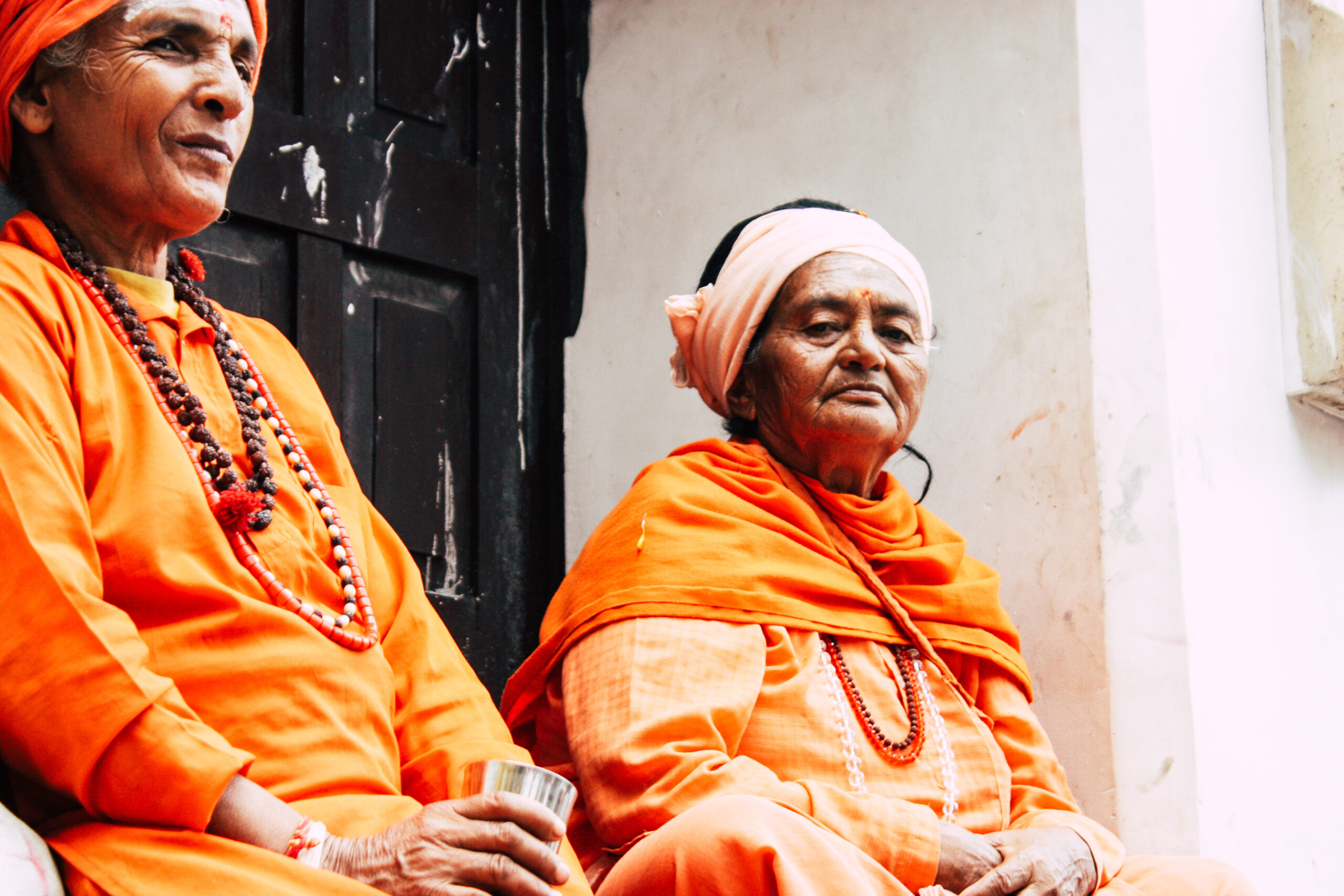
123rf
India’s deeply rooted familial values place immense importance on caring for elderly parents, with multigenerational living seen as the norm. The concept of ‘joint family’ in Indian culture emphasizes collective responsibility, where multiple generations under one roof is a testament to familial loyalty and respect. Young adults in India often view taking care of their parents as a sacred duty, one that enriches their family life and strengthens bonds.
3. Japan
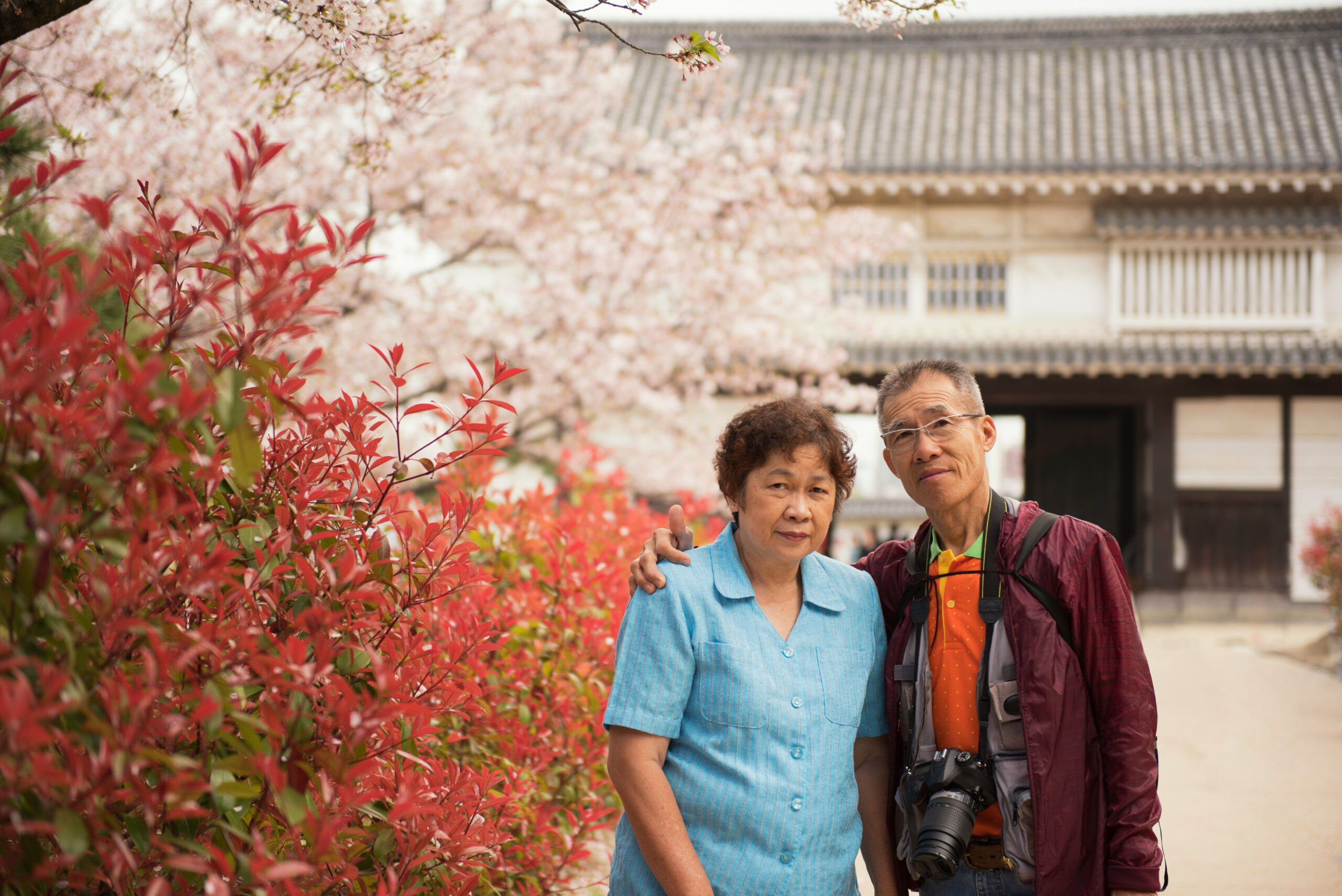
123rf
In Japan, the practice of “filial piety” is also significant, with elderly care being a respected tradition. The increasing elderly population has made this more challenging, yet many Japanese young adults take pride in caring for their parents, often balancing traditional expectations with modern solutions. The government supports this through policies that encourage familial caregiving, underscoring its importance in Japanese society.
4. Greece
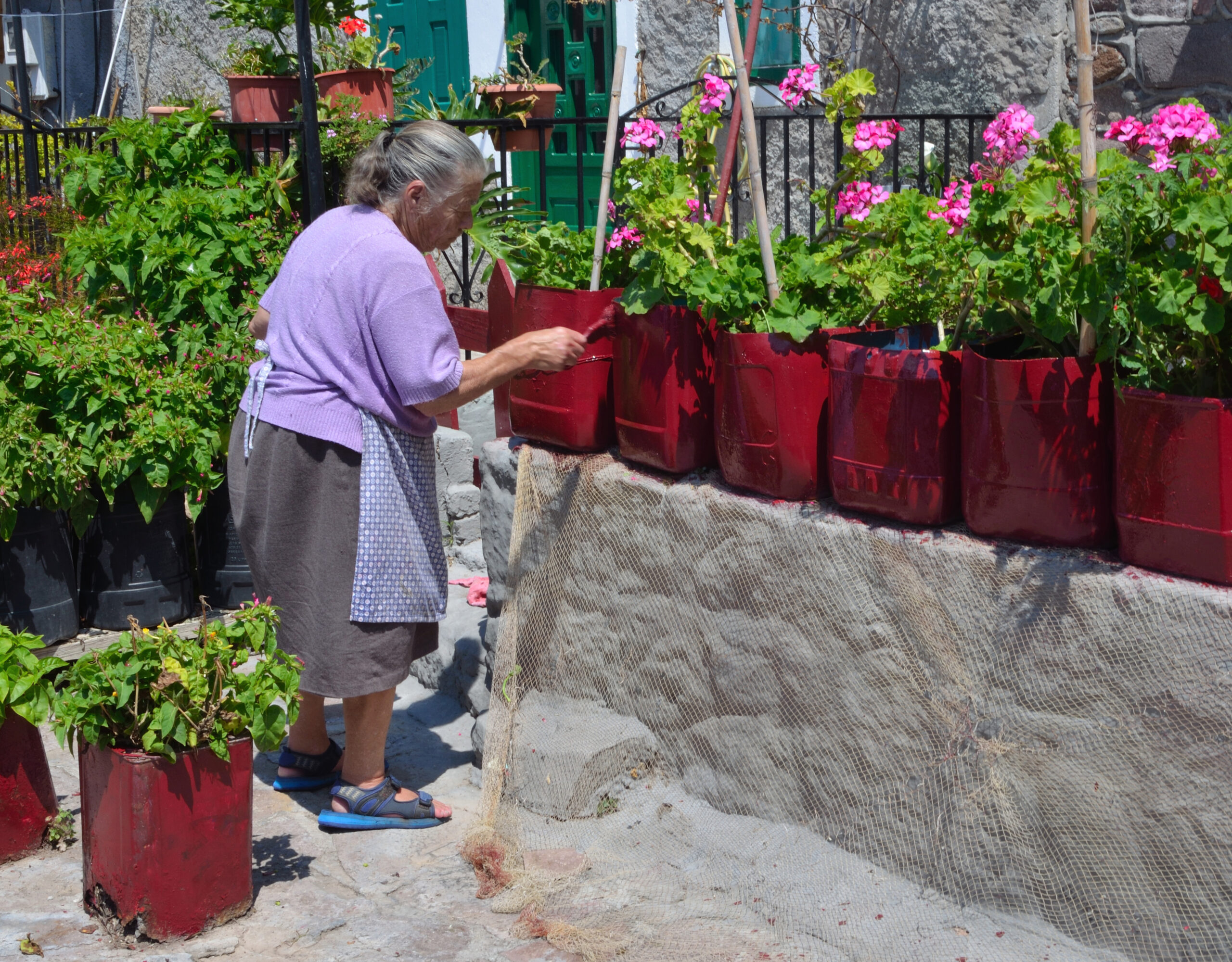
123rf
In Greece, familial bonds are strong, and taking care of elderly parents is a deeply ingrained cultural norm. The Greek concept of family extends beyond the nuclear unit, fostering a culture where caring for aging relatives is both a duty and an honor. Young Greeks often live with or near their parents, maintaining close family ties and ensuring their elders receive love and care in their later years.
5. Italy

123rf
Italy is known for its strong family-oriented culture, where caring for the elderly is a tradition upheld with pride. The Italian value of “familial” extends to elder care, with young adults actively involved in their parents’ lives, often living in close proximity or in the same household. This intergenerational solidarity is a hallmark of Italian family life, reinforcing the honor in caring for one’s parents.
6. Nigeria
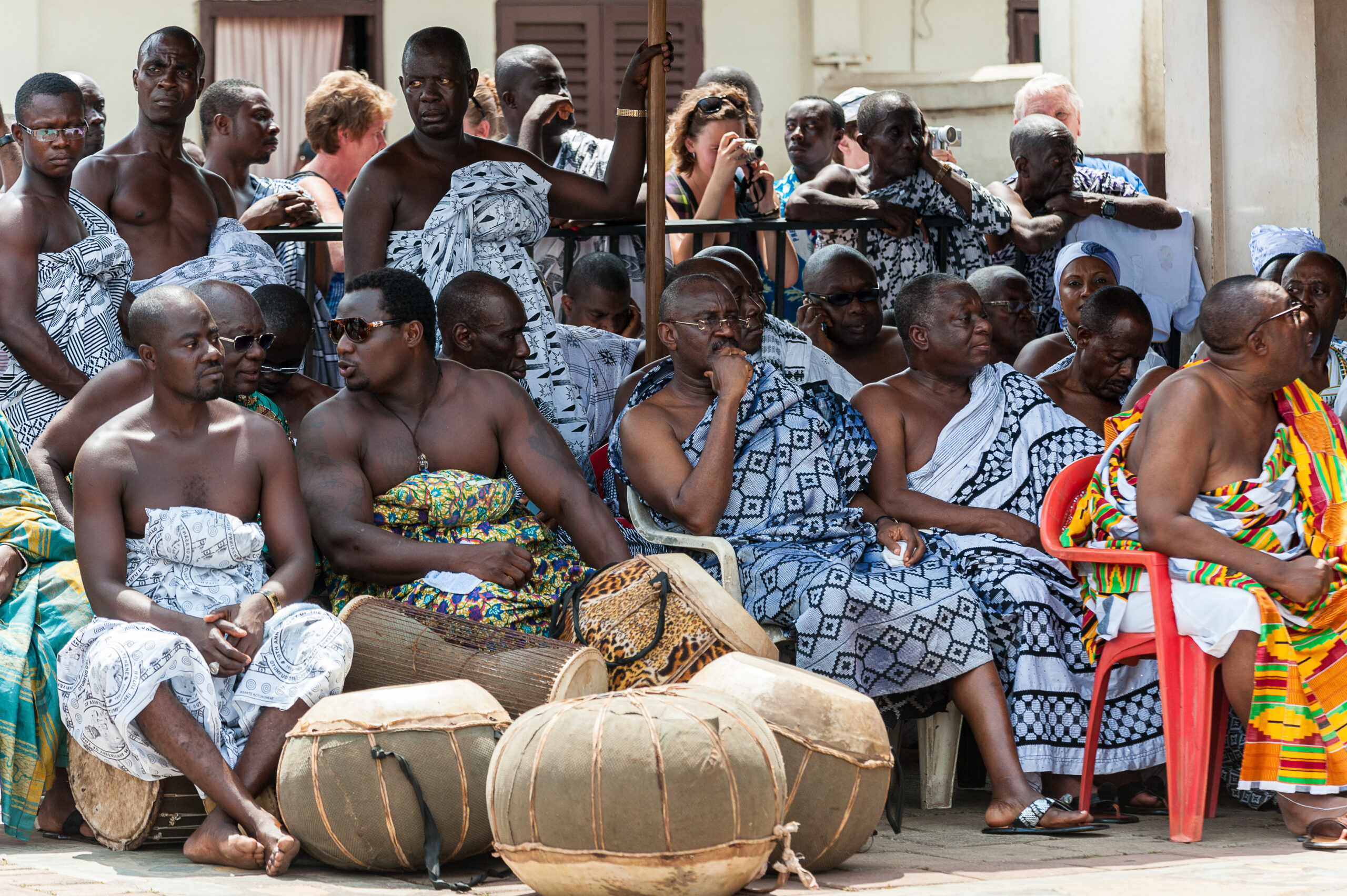
123rf
In Nigeria, extended family structures are common, and caring for elderly parents is considered a pivotal family responsibility. This cultural norm is underpinned by a strong sense of respect for elders, with young adults taking significant roles in ensuring their parents’ health and happiness. Nigerian society views elder care as a way to reciprocate the upbringing and care received, marking it as an esteemed duty.
7. Mexico
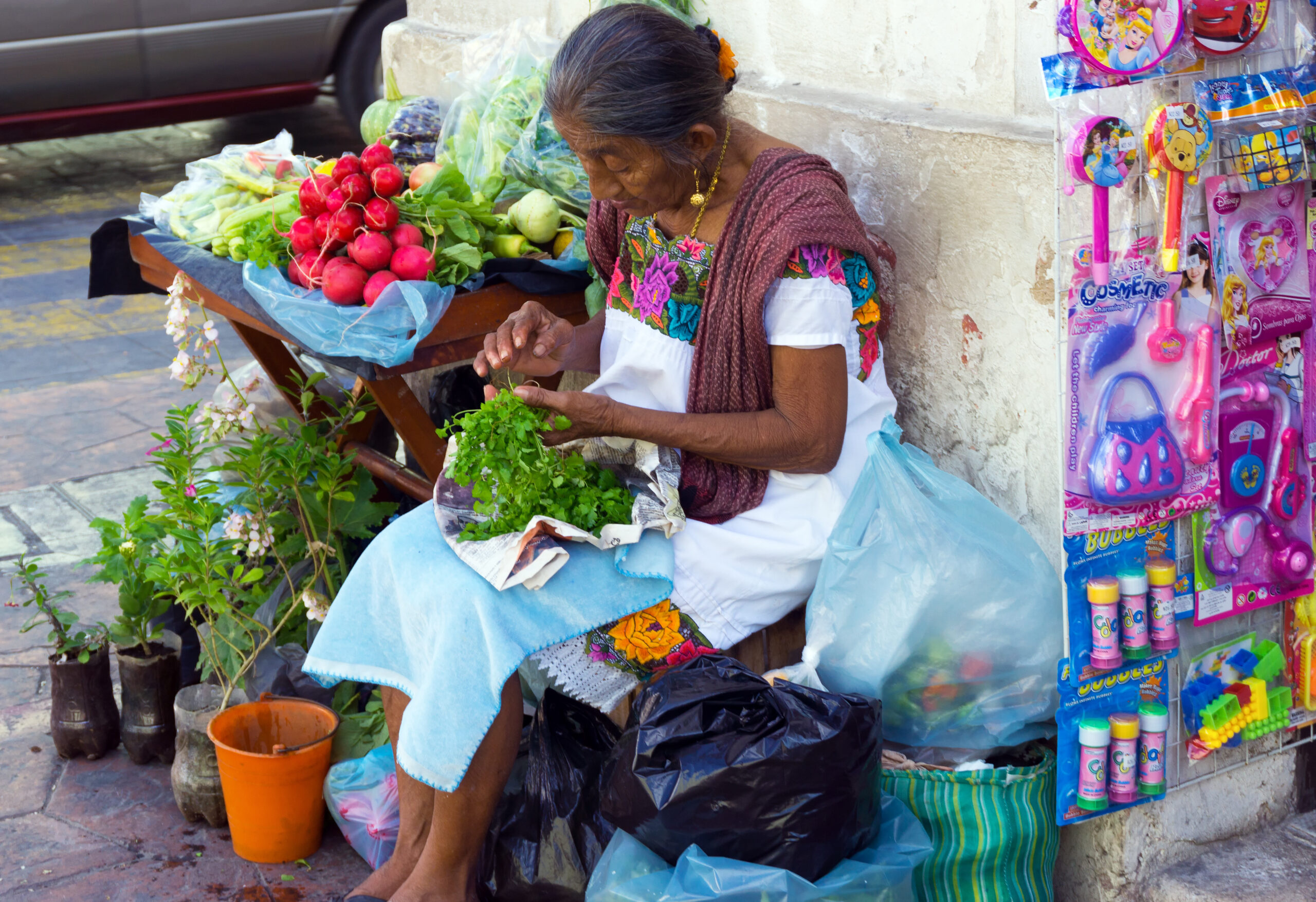
123rf
In Mexico, familial loyalty and respect for elders are central to the culture, with young adults often taking the lead in caring for their aging parents. This responsibility is embraced as a way to honor family traditions and maintain close-knit family units. Mexican families frequently opt for multigenerational living arrangements, enabling them to provide direct care and support to their elders.
8. South Korea
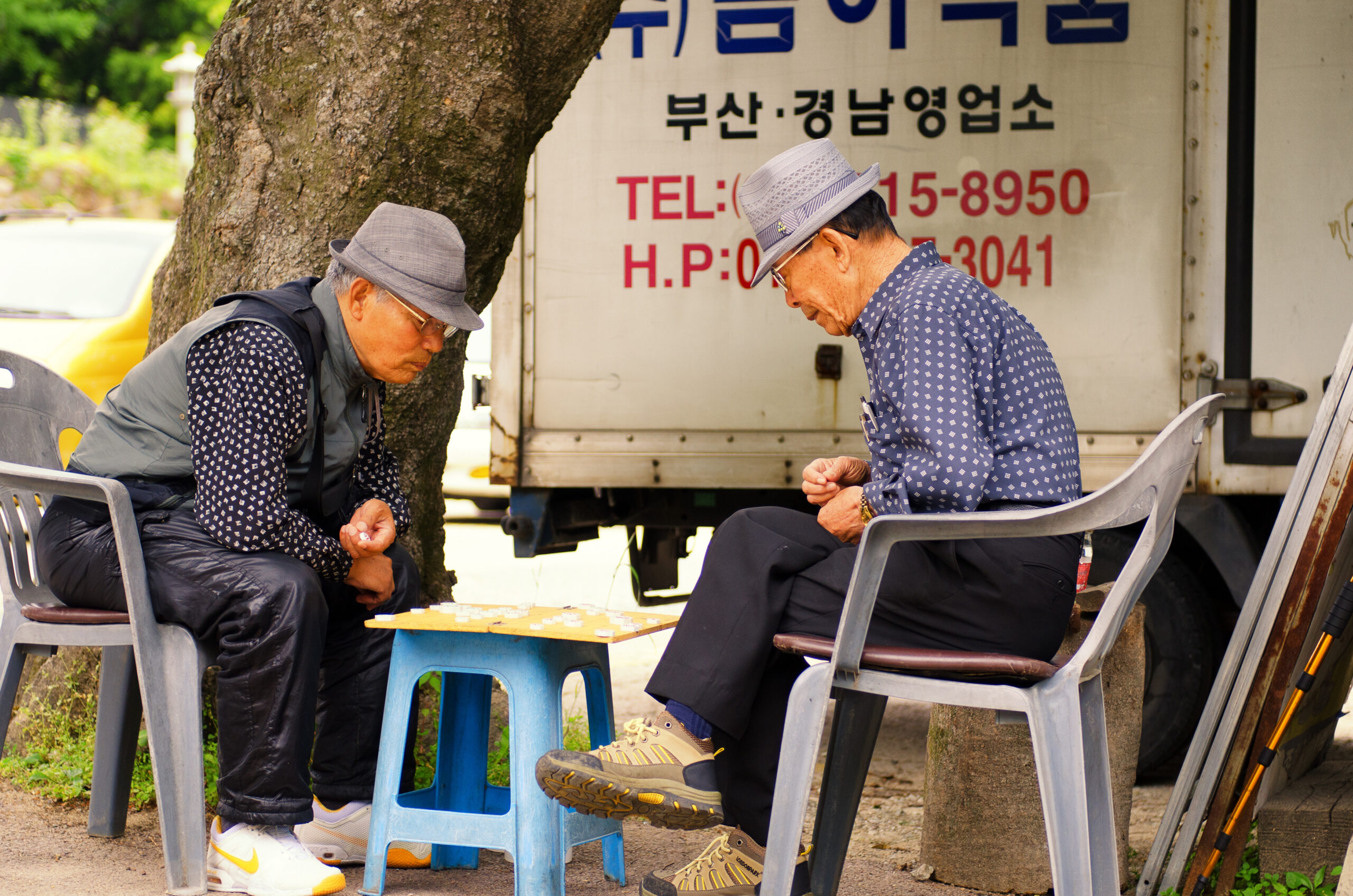
123rf
South Korea holds filial duty in high regard, with young adults expected to care for their aging parents. This cultural norm is supported by social policies that promote family-based elder care, reflecting the society’s respect for the elderly. South Korean young adults often view caring for their parents as a fundamental aspect of family life and societal responsibility.
9. Egypt
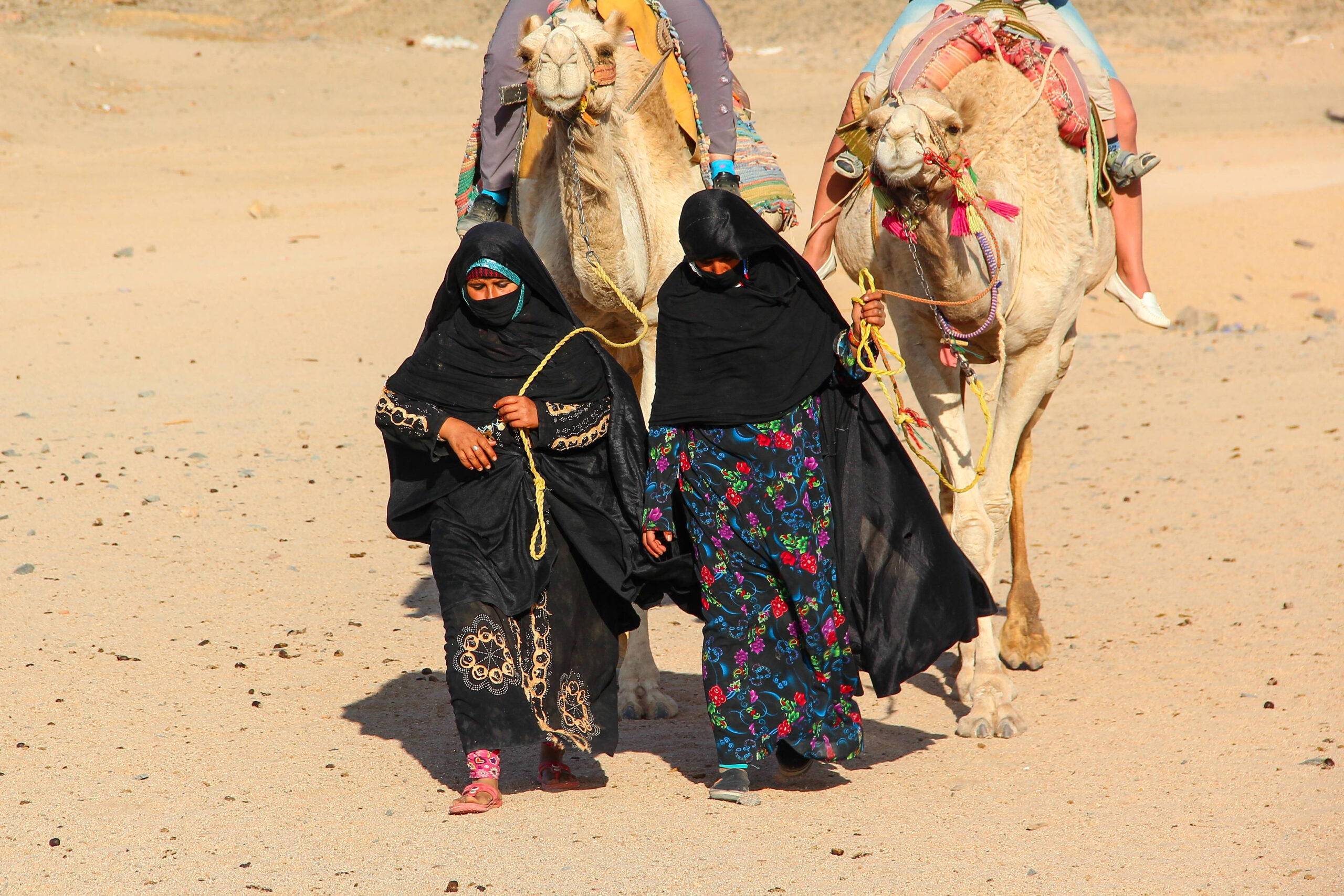
123rf
In Egypt, the family is the cornerstone of society, with adult children traditionally taking on the role of caregivers for their elderly parents. This practice is driven by strong familial ties and a deep-seated respect for elders, with many young Egyptians viewing it as a privilege and honor. The intergenerational support system in Egypt reinforces the cultural importance of elder care.
10. Russia
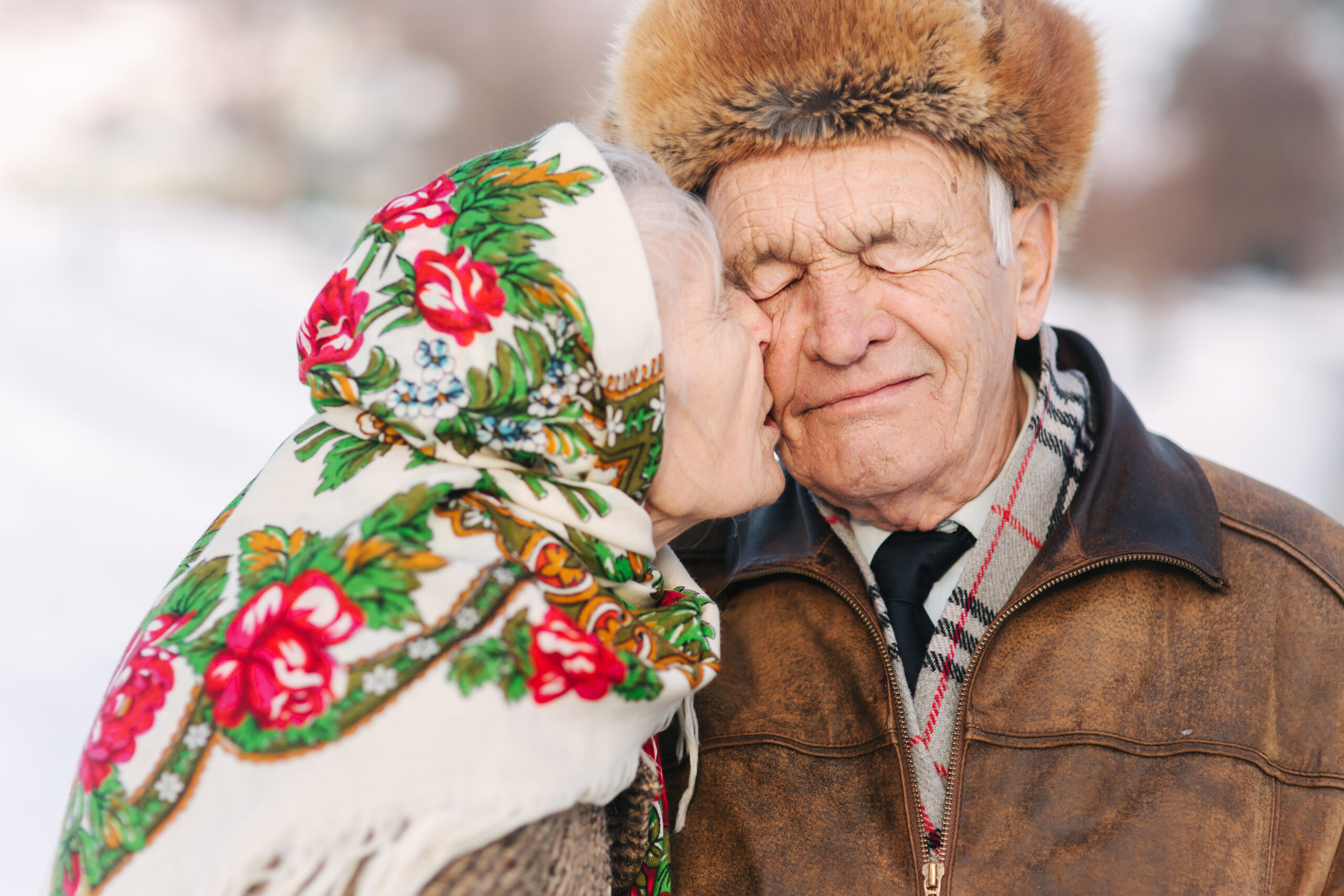
123rf
In Russia, the tradition of caring for elderly parents is prevalent, with young adults often assuming this responsibility as a matter of course. Russian culture values the wisdom and experience of the older generation, leading many families to live in close proximity or together to facilitate elder care. This commitment to family welfare is a respected aspect of Russian society.
11. Thailand
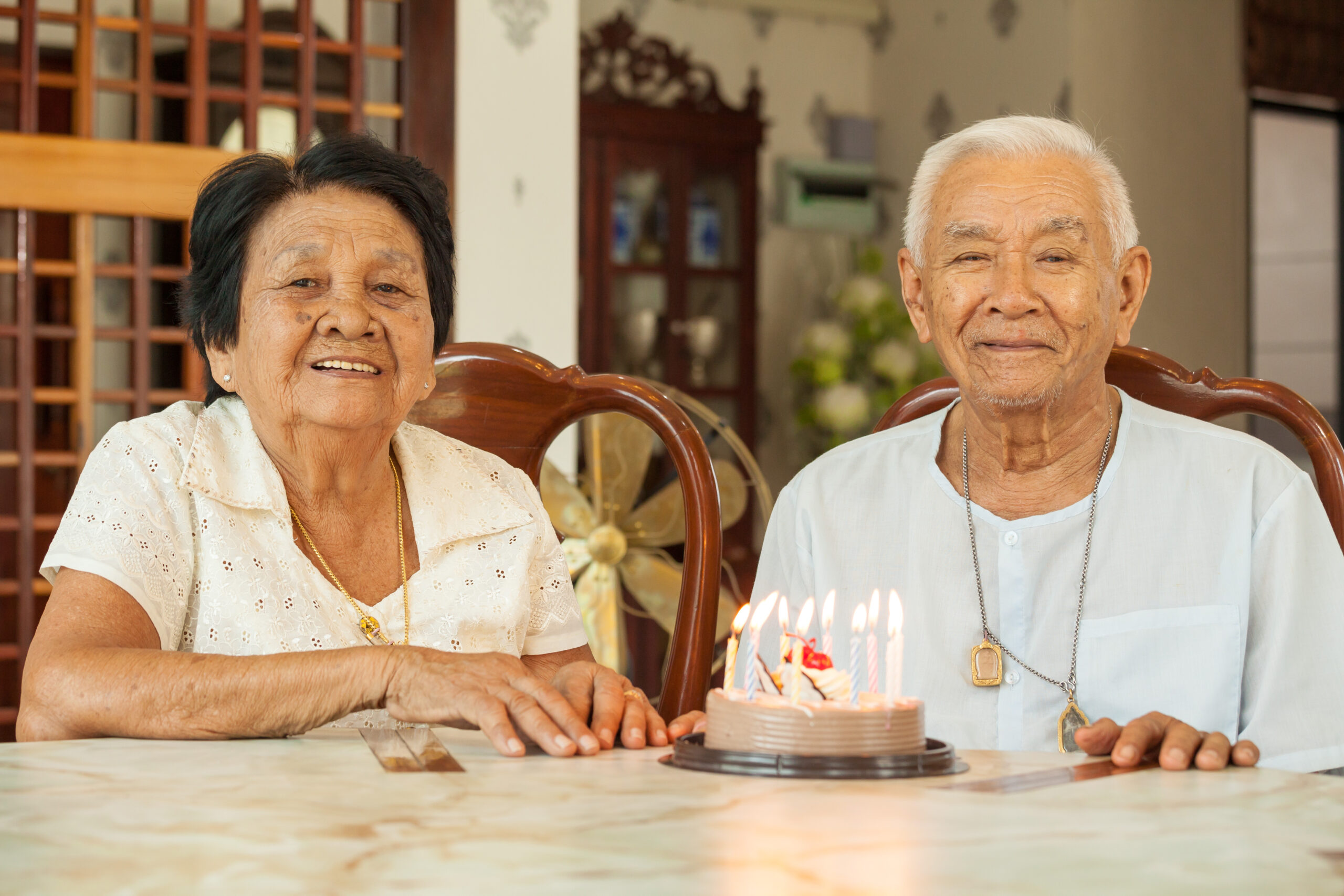
123rf
Thailand’s cultural norms emphasize respect for elders, with young adults playing a key role in caring for their parents. In Thai society, this is not only a familial duty but also a meritorious act that garners respect and honor. Thai families often adopt a communal approach to elder care, reflecting the country’s collectivist ethos.
12. Brazil
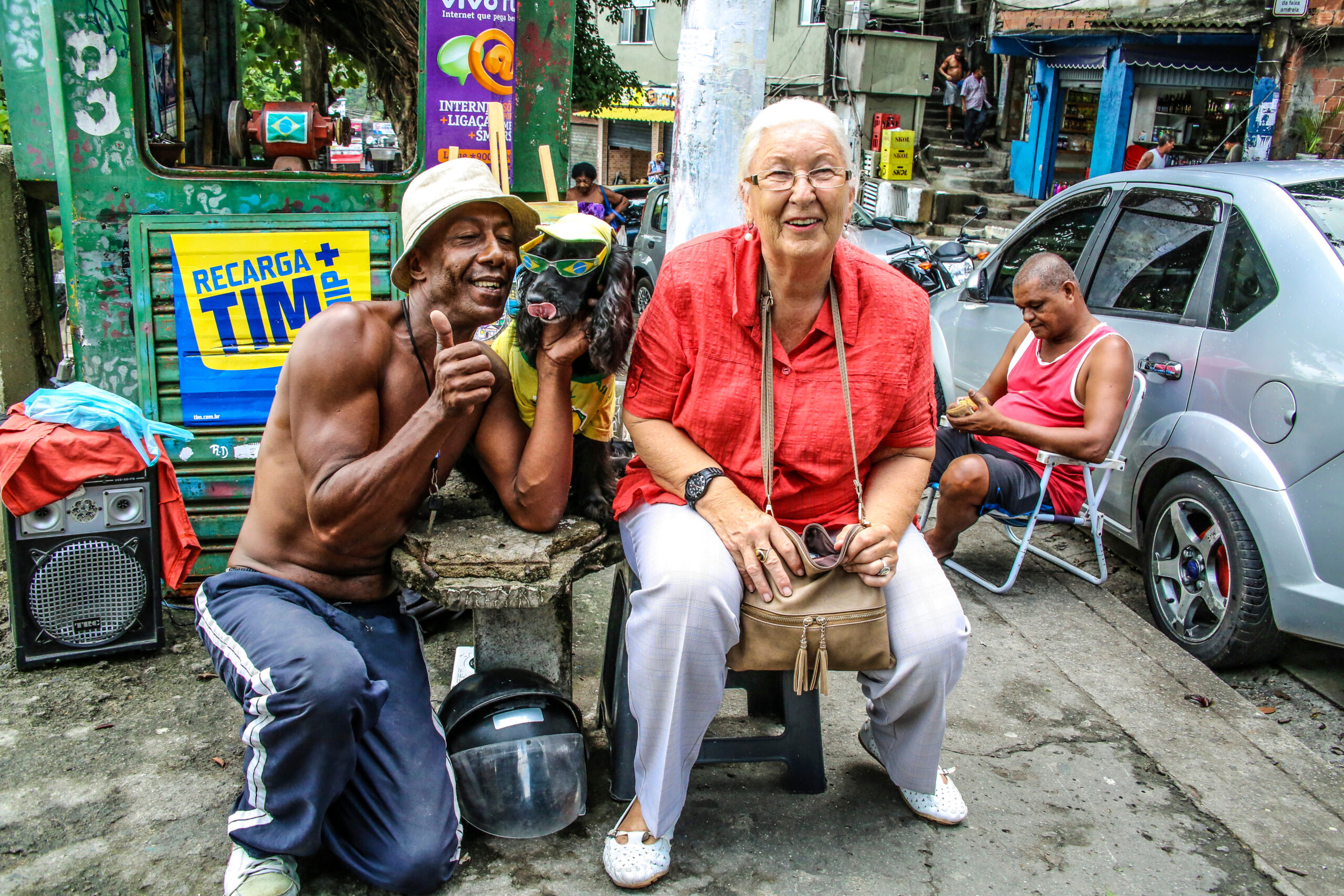
123rf
In Brazil, the concept of “familismo” dictates strong family bonds and a collective responsibility for elder care. Brazilian young adults take pride in looking after their aging parents, often going to great lengths to ensure their comfort and happiness. This practice is a vital part of Brazil’s family-centric culture, highlighting the honor in fulfilling familial duties.
Reflecting on Tradition and Modernity
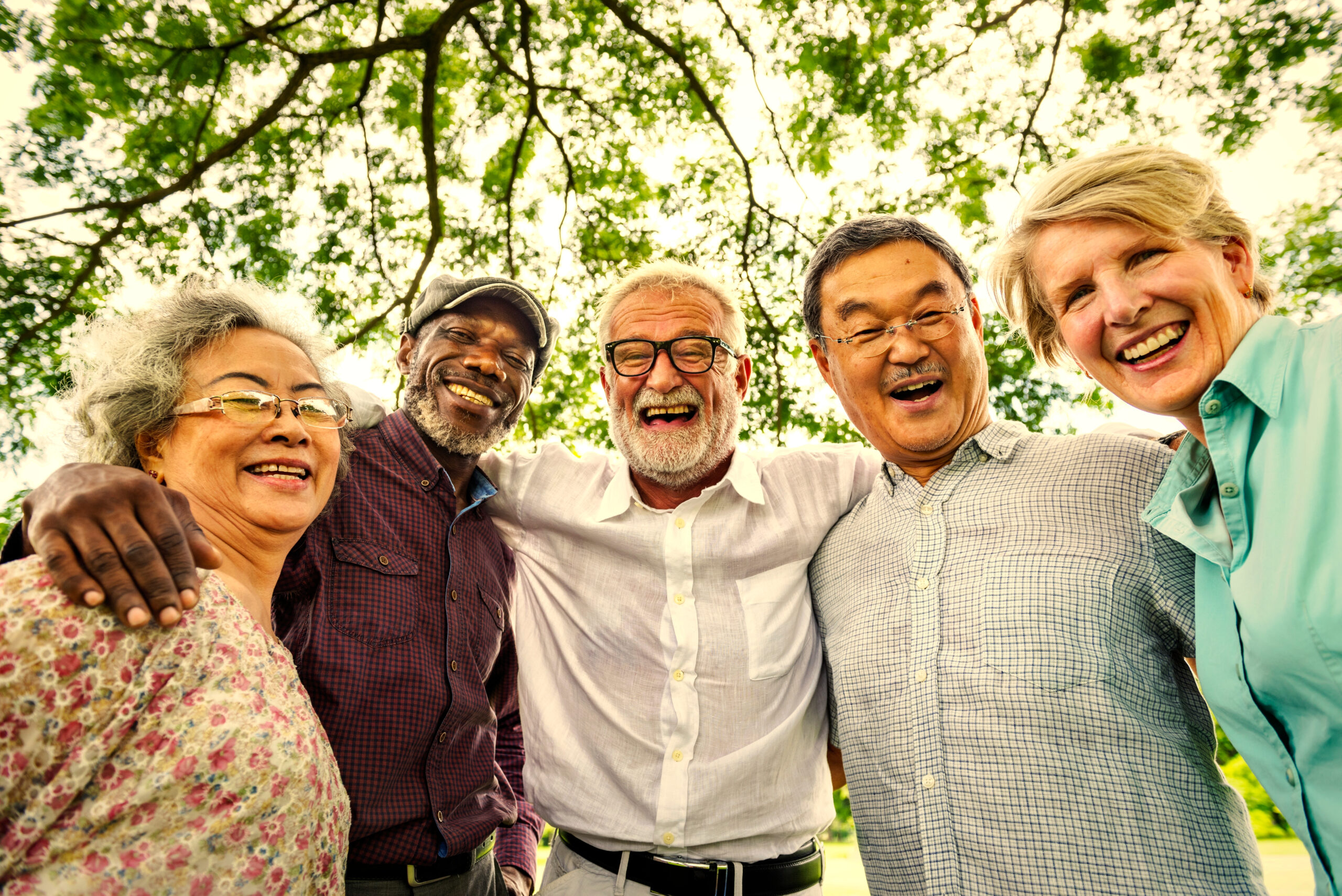
123rf
Across these diverse cultures, the act of caring for one’s parents in old age is a revered tradition that bridges the past and present. These countries exemplify how modern societies can maintain deep-rooted familial values, honoring the age-old practice of elder care. Young adults in these nations demonstrate a commendable blend of respect, duty, and love, ensuring that the honor of caring for their parents remains a vibrant part of their cultural heritage.
